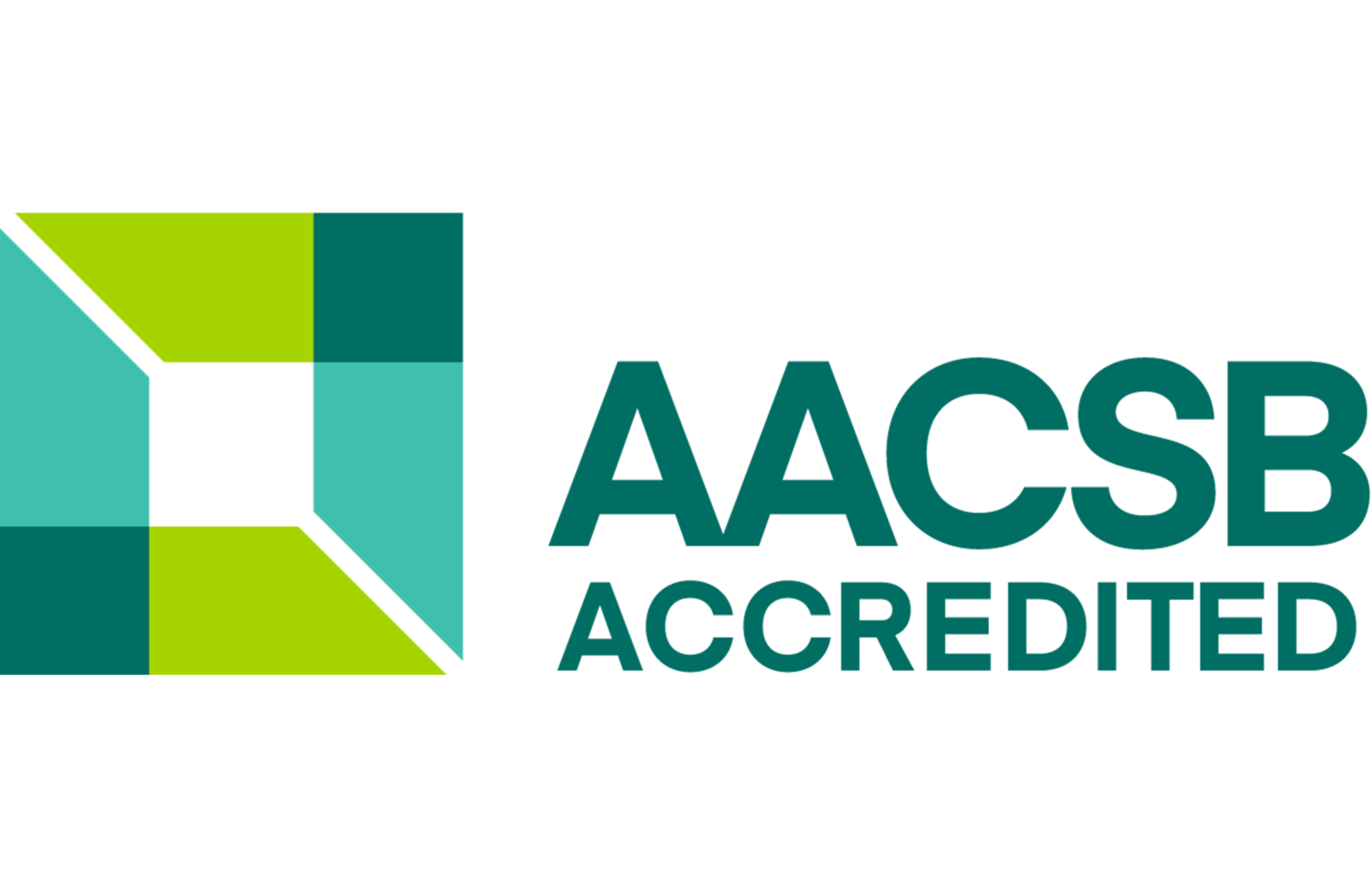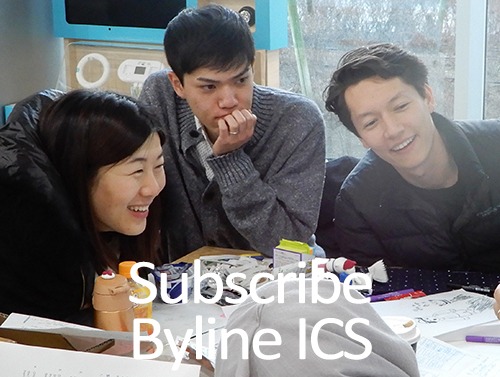Like any other graduate school program, the application process can be long and would require some self-reflection. When we apply for programs overseas, there is an added layer of questions to answer as an aspiring international student. In this guide, we will explain the MBA application process in Japan and the best way to approach your future academic goals. Whether you’re fresh out of undergrad, already working, or a non-traditional student, we have you covered.
What exactly is an MBA?
So, what is an MBA in the first place? It’s a degree that you can earn in graduate school, and it stands for “Masters in Business Administration.” At times, the MBA could be perceived as a certification, but it is actually a degree. As the title of this degree suggests, the key foundation of the MBA is “business administration.” Simply put, earning this degree shows that you have fundamental knowledge in managing a business through interdisciplinary theory and practice. People enroll in MBA programs with a variety of goals, from creating start-ups to regular full-time company employees. MBAs operate as catalysts for learning about management, especially if you have not worked in a managerial position yet.
Japanese MBAs vs. Non-Japanese MBAs
An MBA can be earned in Japan or any other university in the world, and it is universally recognized as a standard degree in the business world. However, your MBA program can vary depending on the institution. Japanese MBA degrees can be a useful asset if you plan to conduct business in Japan or with Japanese clients. You will work with students and faculty from different cultural backgrounds.
Here are a few notable qualities of Japanese MBA programs.
- The price tag. Japanese MBAs are considered cheaper than MBA degrees in other G7 countries, including the US. The tuition for a Japanese MBA program can range anywhere between ¥500,000-¥1,300,000 (approx. USD 5,000-13,000) annually, and there are scholarships that are specifically geared towards international MBA students. If you work for a large Japanese company, you may have the opportunity to do an MBA in Japan as a company-sponsored student.
- The lingua franca. Many courses are offered in English and Japanese. If you particularly have your sights set on working with Japanese businesses and clients in the future (or if you currently do this), it helps to take courses or language classes in Japanese. Even if you take your classes in English, your peers will be eager to learn how to communicate and connect with English speakers in an international business setting, and you can work together to achieve this goal.
- Global networking. MBA earners have access to contacts outside of their home country. Japanese MBA students particularly have the upper hand in connecting with Japanese clients. Building your international network is most beneficial in the country of your institution.
- Flexible curriculums. In Japan, graduate schools usually offer two different kinds of courses:
- フルタイム (furu-taimu/full-time): Attending classes regularly during the week (necessary for student visas in Japan)
- 夜間休日 (yakan-kyuujitsu/night school): Taking classes during evenings and weekends (an ideal option if you want to continue working full-time while earning your MBA). It is important to think about what it could be like to balance work and school, and how much time you can dedicate towards earning a degree.
Application Timeline
While some Japanese programs can slightly vary, most of them follow a standard application timeline for MBA programs, which usually last for 2 years. Most programs start in April since it is the beginning of the Japanese fiscal year. Some universities with international systems also offer matriculation later in the summer and fall. There are differences in the content in the entrance exam, admission fees, and annual fees between national and public universities, private universities, and graduate schools that offer MBA programs. There are many choices, and it is necessary to carefully look at the guidelines and choose a business school that fulfills your needs.
- First and foremost, prepare for application fees. In most universities in any country, you must pay an application fee (along with visa application fees upon acceptance) when you apply to grad school. In the US, the average is around $75 USD, while in Japan, application fees can range anywhere from ¥9,000-¥30,000 (about $90-$300 USD). Some universities in Japan offer application fee waivers and grants for international students, so check the university website or contact the international graduate admissions office for advice. You could save a chunk of change this way.
- 1-12 months prior: TOEFL/IELTS exams. If you are not from a country where English is the official language, you will likely be required to take a proficiency test to show that you know enough English for your program. One more for GMAT-GRE
- 6-12 months prior: Prepare for the application. Some universities require a short essay and an oral interview if you decide to mainly take the classes in Japanese.
- 4-6 months prior: Collecting application materials (notarized transcripts, letters of recommendation, research plan, etc.) If you studied abroad at another university, also make sure to include the transcript from them as well.
- Interview
Writing the statement of purpose and research plan
Thinking of what to write for your statement of purpose and research plan will take the most time. However, you may already have a solid idea of what you are interested in researching for your MBA. The best way to overcome writer’s block is to create a solid outline of ideas to map out your essay.
You can make a diagram like this and create a list of ideas for your statement of purpose.
|
Accomplishments
|
What do you want the admissions committee to know about you?
|
|
Why are you a good fit for the school? |
Why Japan? |
For your research plan, it is important to include the following elements to have a strong application.
- A clear topic. What theme, relationship, or trends would you focus on? How would you investigate it further? Why is your topic significant? Introduce your topic without the assumption that your reader knows about it, and explain the context.
- Literature review: Who are the key researchers who have studied your topic/theme? What is the discourse? What are common theories and approaches to this topic?
- Research methodology: Research questions/objectives, your approach (qualitative/quantitative, ontological/epistemological), and data collection.
- Conclusion: How will your dissertation provide insight, and how can it be useful for your field?
- Timeline/Gantt Chart: What is your time frame for each chapter of your dissertation? When will you submit your paper? (It will usually be during the month before your graduation date)
Note that while this is integral to your application, it would not be set in stone once you enter the program. You will probably change parts of your dissertation over the term of your course.
Also, ethics protocols for publication work differently in Japan. If you would like to publish your paper in an academic journal, you should check the international IRB protocols and keep track of deadlines throughout the year, as you have to have ethics approval before collecting data. You can also do an internal “simple screening” with your university during your first year in the program.
Perks of going for an MBA
Regardless of where you go for your MBA, earning one can significantly increase your overall income. As an international student, earning a Japanese MBA alone can give you a more competitive edge against other job applicants. Earning an international MBA degree demonstrates that you are aware of the business practices of different cultures, intercultural communication, and the trends in other regions in the world.













